Why scientists are trying to recreate the birth of cancer
Researchers want to see the disease ‘on day one’ to aid early detection
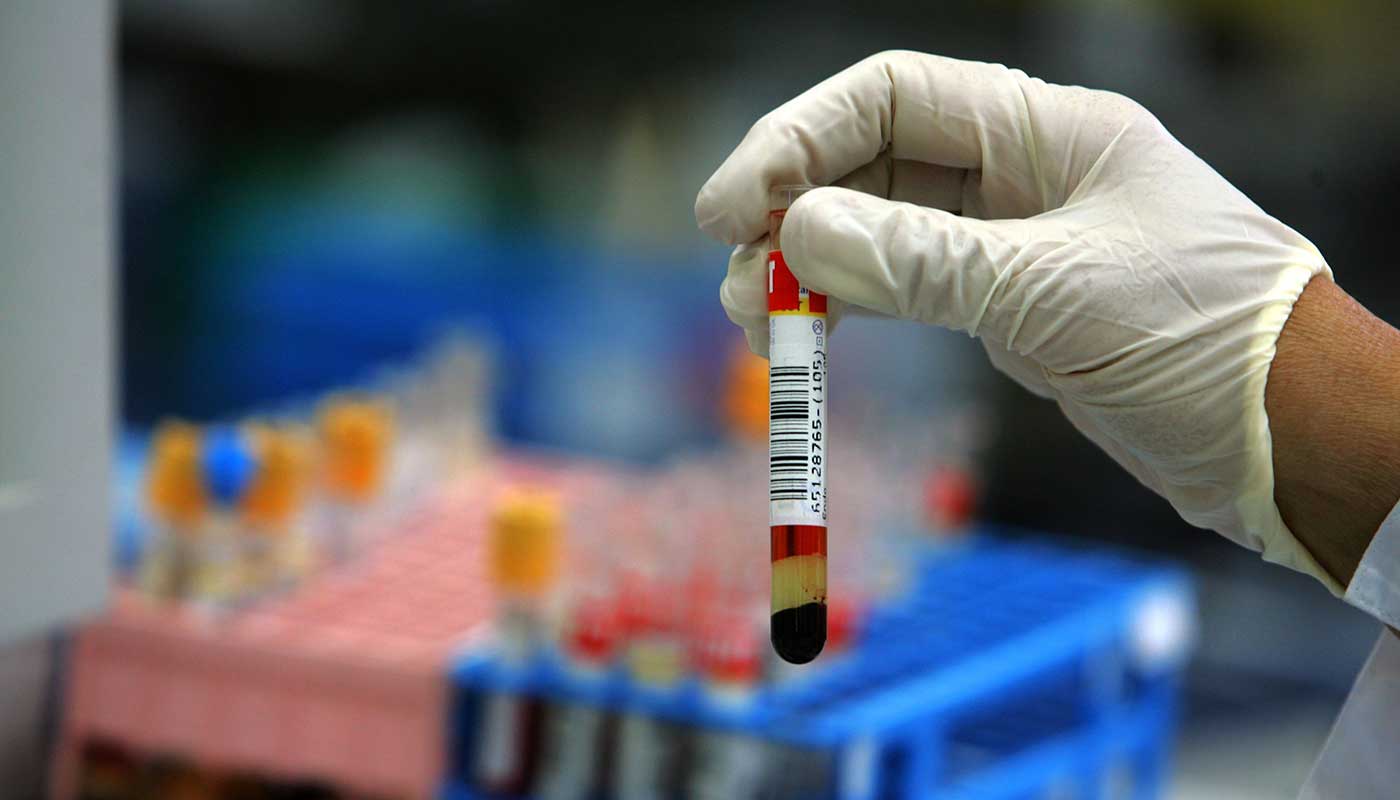
A free daily email with the biggest news stories of the day – and the best features from TheWeek.com
You are now subscribed
Your newsletter sign-up was successful
A group of British and American scientists plan to “give birth” to cancer in the lab in an effort to help beat the disease.
The International Alliance for Cancer Early Detection will seek to create cancer to see what it looks like “on day one”.
The group hopes it will give them clues on early detection, meaning patients will benefit more quickly, says the BBC.
The Week
Escape your echo chamber. Get the facts behind the news, plus analysis from multiple perspectives.

Sign up for The Week's Free Newsletters
From our morning news briefing to a weekly Good News Newsletter, get the best of The Week delivered directly to your inbox.
From our morning news briefing to a weekly Good News Newsletter, get the best of The Week delivered directly to your inbox.
The expert unit will bring together six universities and charities from across the UK and the US to share ideas, knowledge and resources.
The Universities of Cambridge, Manchester, University College London, Stanford and Oregon will team up with Cancer Research UK to develop new tests that can spot previously undetectable signs of the disease.
But spotting these early signs can be like “looking for a needle in a haystack”, says Dr David Crosby, head of early detection research at Cancer Research UK, which will put £40m into the programme over the next five years.
“In a human being we never get to see a cancer being born,” said Crosby. “If you can essentially give birth to a cancer in a piece of synthetic human tissue in the lab, you can see what it is like on day one and hopefully be able to detect and intercept it.”
A free daily email with the biggest news stories of the day – and the best features from TheWeek.com
The group hopes to develop simple detection techniques based on blood, urine or even nasal swab samples. They also plan to build on complex imaging techniques like hyperpolarised MRI, which allows scientists to investigate how cancer cells generate energy, says The Guardian.
They will also look into why so many people miss screening appointments, and how new techniques can be made more accessible.
“With this alliance one of the things that we are very committed to is taking things all the way through from the bench to the bedside,” said professor Rebecca Fitzgerald of the University of Cambridge.
The researchers said they hoped to avoid the problems of over-diagnosis that some routine screening programmes have suffered from. Some patients have undergone unnecessary treatment as a result of non-problematic cancers being found during screenings.
The alliance says it will explore techniques that better distinguish dangerous cancers from harmless ones - for example, using MRI rather than biopsy.
It also plans to develop new ways of ide ntifying people at high risk of certain cancers, so they can be screened more frequently than those at low risk.
Cancer Research UK’s director of early diagnosis, Sara Hiom, said: “GPs need faster access to smarter tests, so that they only need to send people at the highest risk of cancer to hospital for further investigation.
“ACED will aim to fast-track development of these types of tests and get them into clinical practice as soon as it is safe to do so,” she added.
-
 How the FCC’s ‘equal time’ rule works
How the FCC’s ‘equal time’ rule worksIn the Spotlight The law is at the heart of the Colbert-CBS conflict
-
 What is the endgame in the DHS shutdown?
What is the endgame in the DHS shutdown?Today’s Big Question Democrats want to rein in ICE’s immigration crackdown
-
 ‘Poor time management isn’t just an inconvenience’
‘Poor time management isn’t just an inconvenience’Instant Opinion Opinion, comment and editorials of the day
-
 The truth about vitamin supplements
The truth about vitamin supplementsThe Explainer UK industry worth £559 million but scientific evidence of health benefits is ‘complicated’
-
 Covid-19 mRNA vaccines could help fight cancer
Covid-19 mRNA vaccines could help fight cancerUnder the radar They boost the immune system
-
 Deadly fungus tied to a pharaoh's tomb may help fight cancer
Deadly fungus tied to a pharaoh's tomb may help fight cancerUnder the radar A once fearsome curse could be a blessing
-
 'Poo pills' and the war on superbugs
'Poo pills' and the war on superbugsThe Explainer Antimicrobial resistance is causing millions of deaths. Could a faeces-filled pill change all that?
-
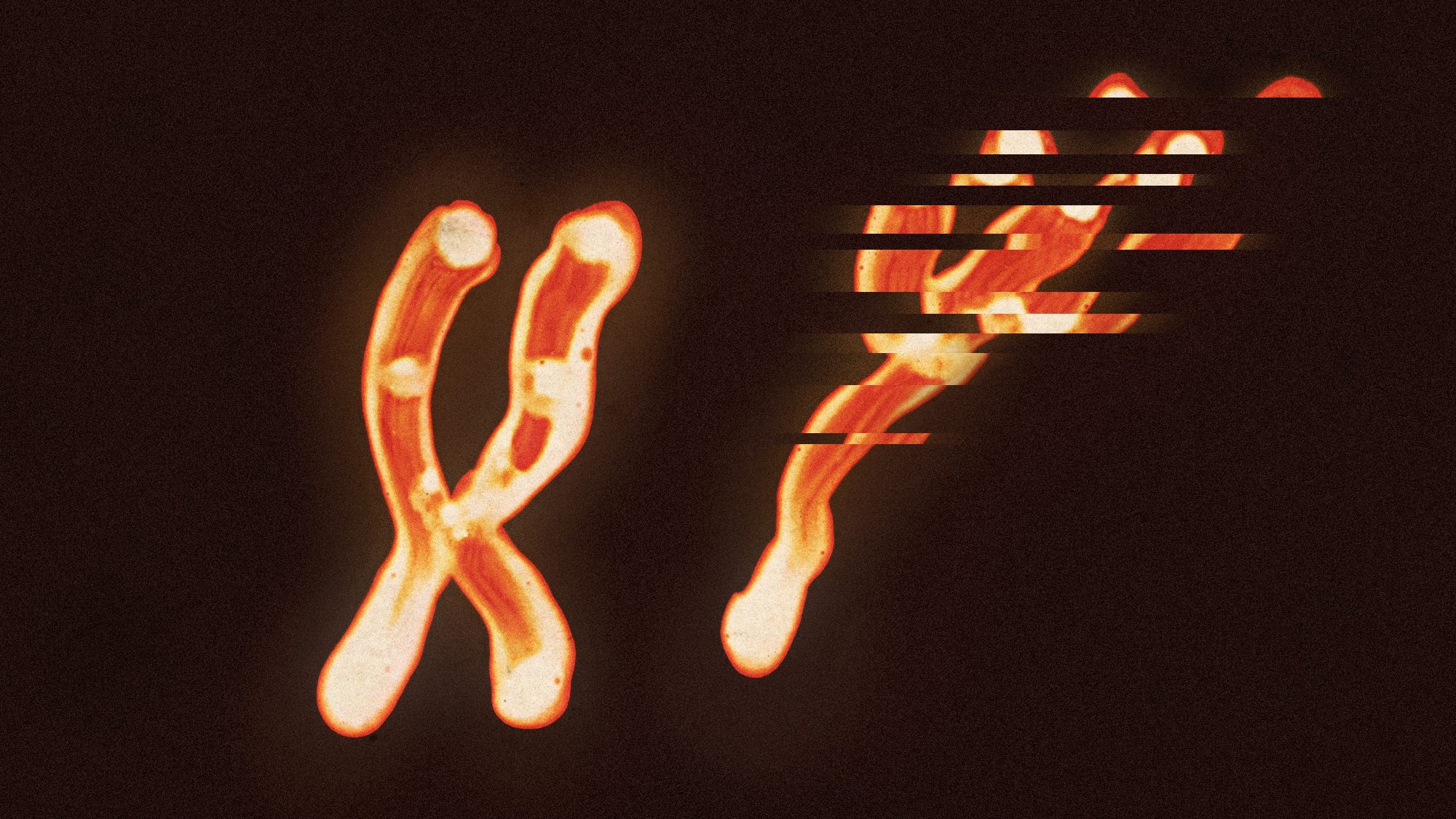 The Y chromosome degrades over time. And men's health is paying for it
The Y chromosome degrades over time. And men's health is paying for itUnder the radar The chromosome loss is linked to cancer and Alzheimer's
-
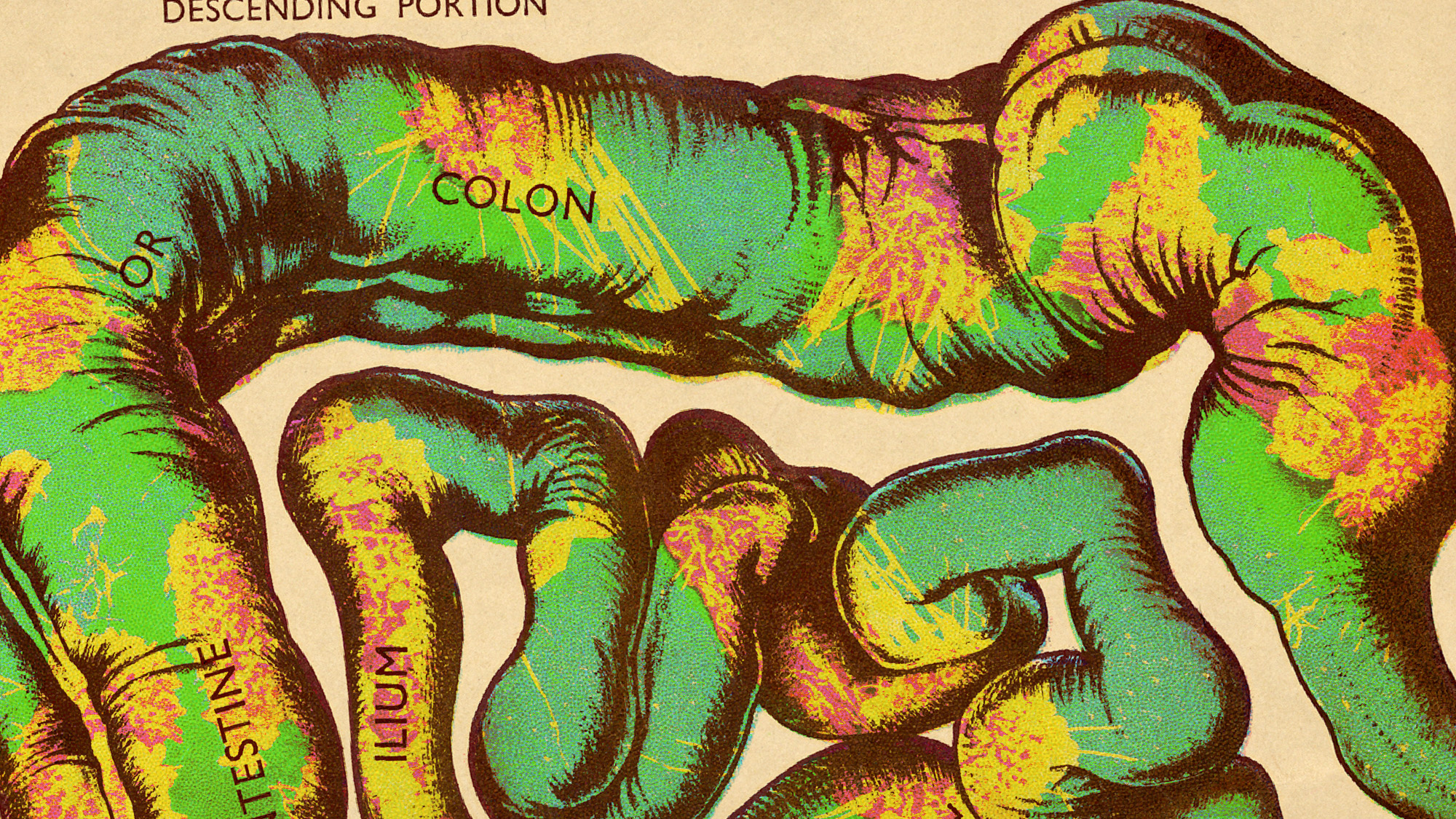 A bacterial toxin could be contributing to the colorectal cancer rise in young people
A bacterial toxin could be contributing to the colorectal cancer rise in young peopleUnder the radar Most exposure occurs in childhood
-
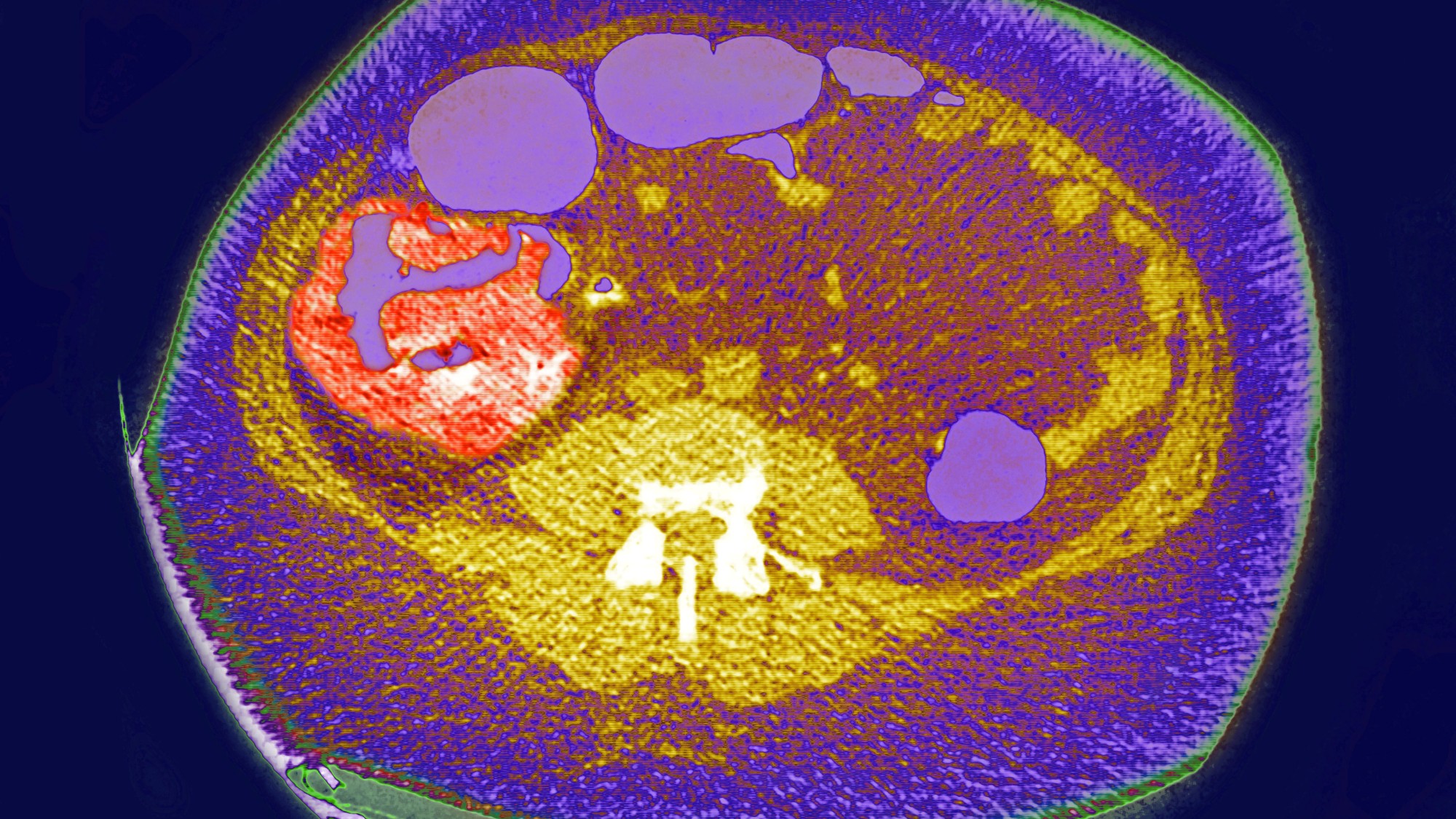 Why are more young people getting bowel cancer?
Why are more young people getting bowel cancer?The Explainer Alarming rise in bowel-cancer diagnoses in under-50s is puzzling scientists
-
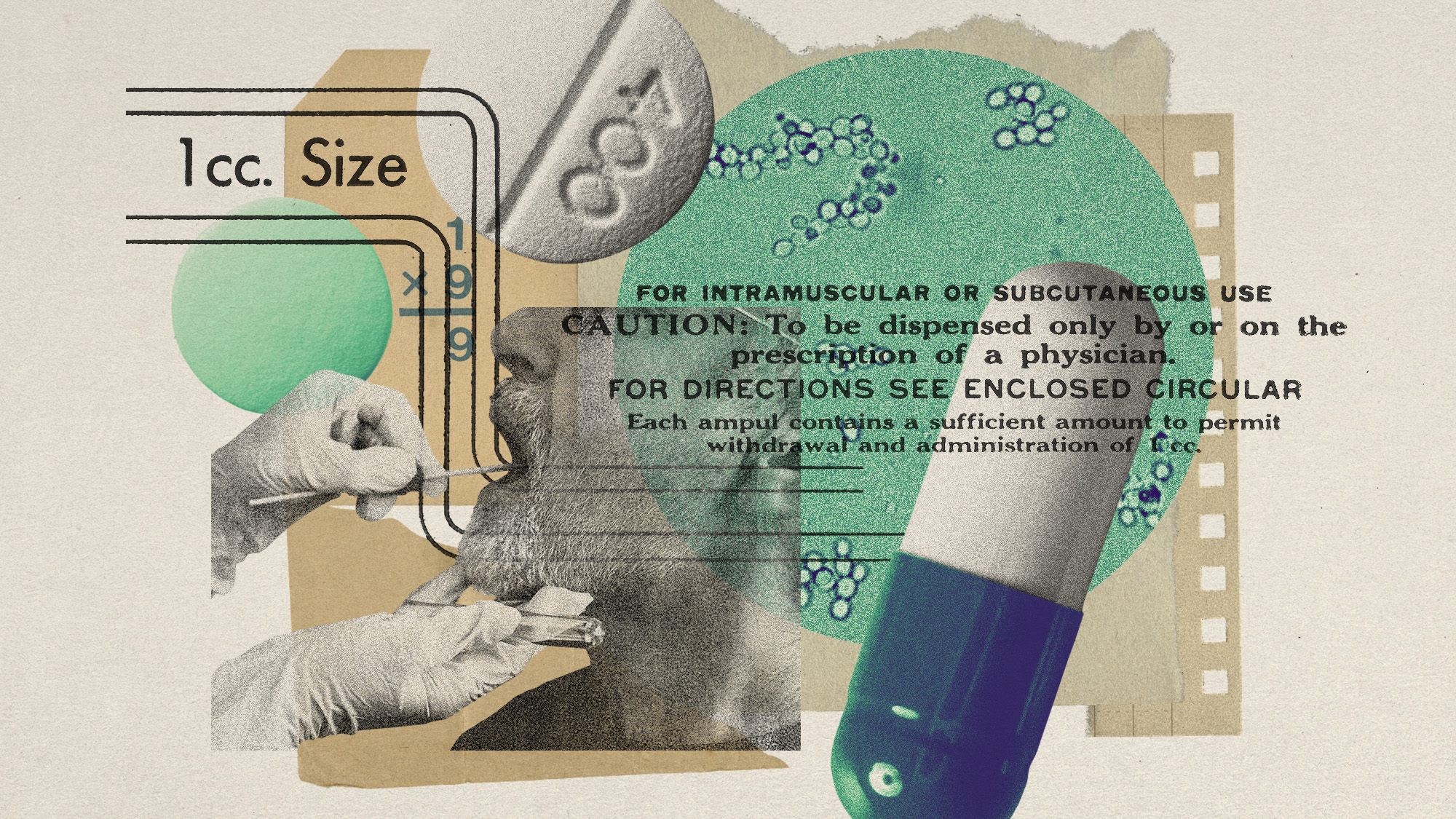 Five medical breakthroughs of 2024
Five medical breakthroughs of 2024The Explainer The year's new discoveries for health conditions that affect millions